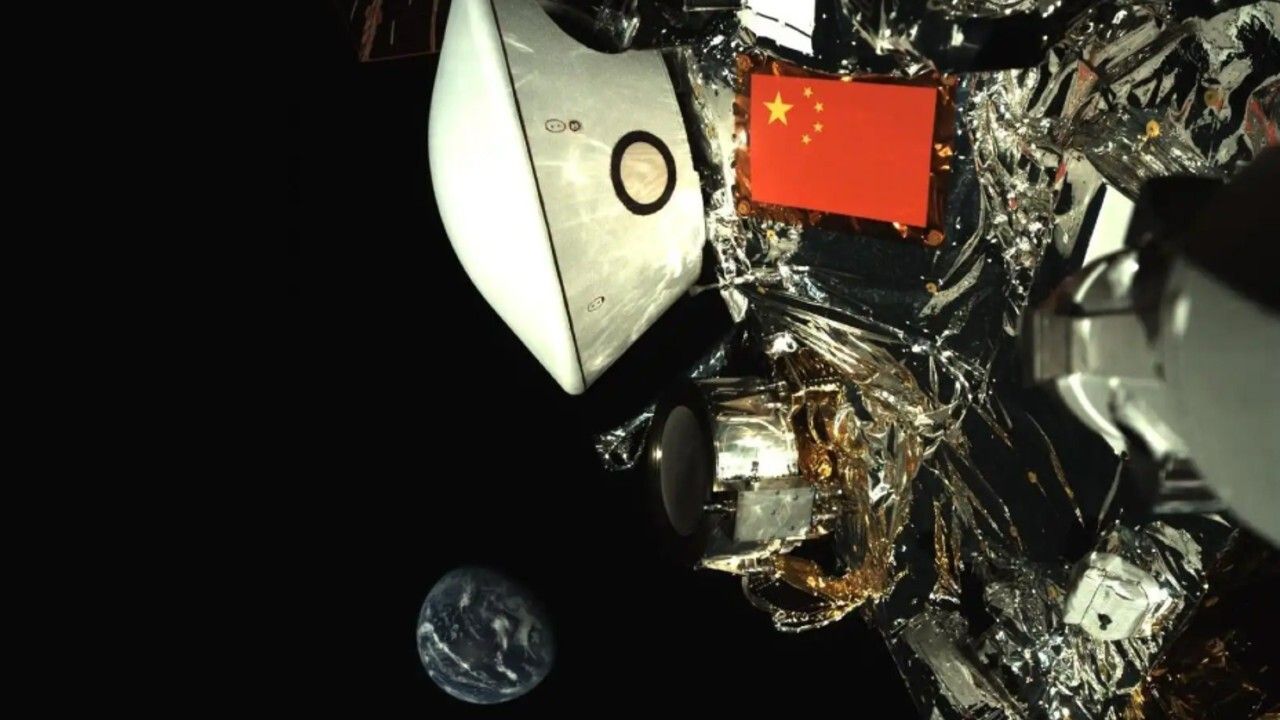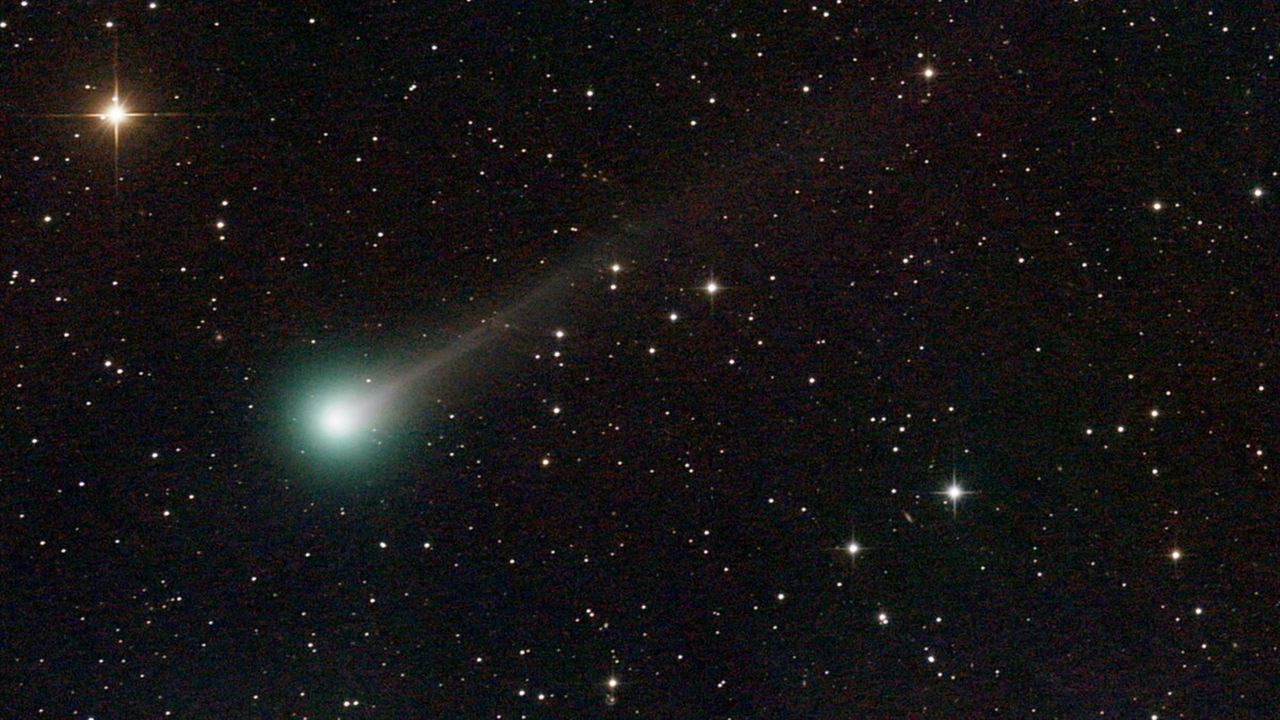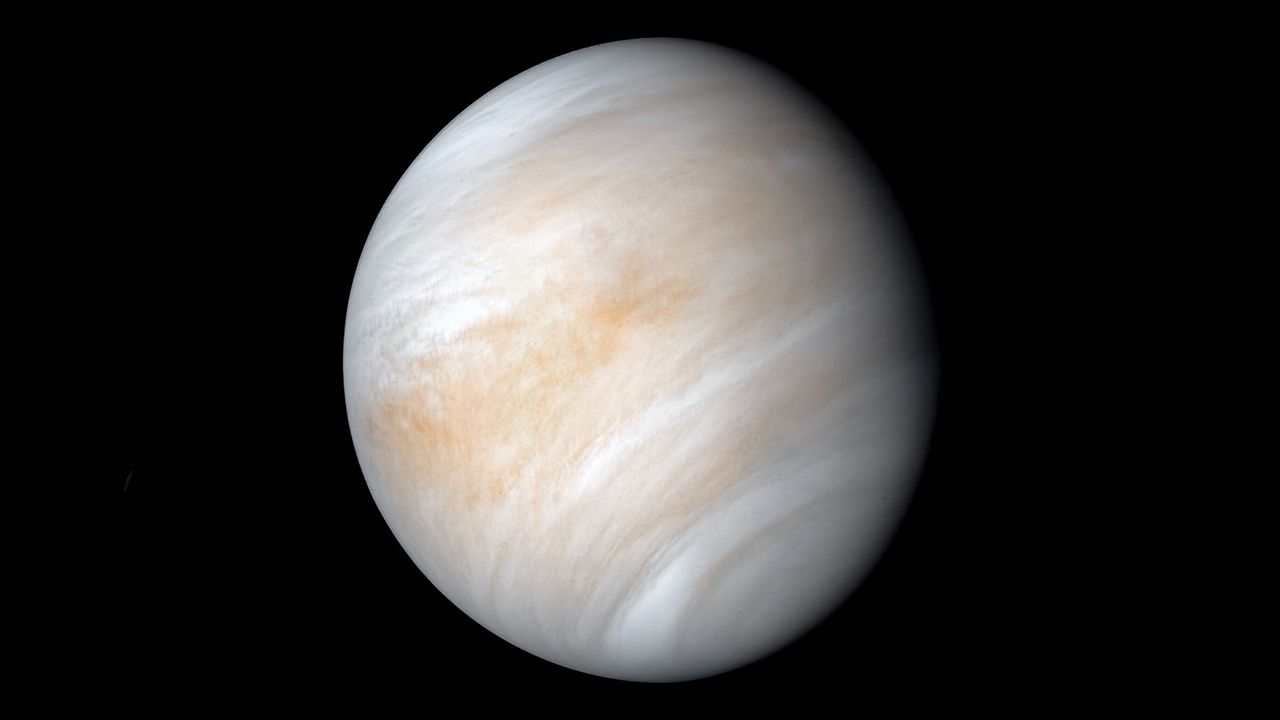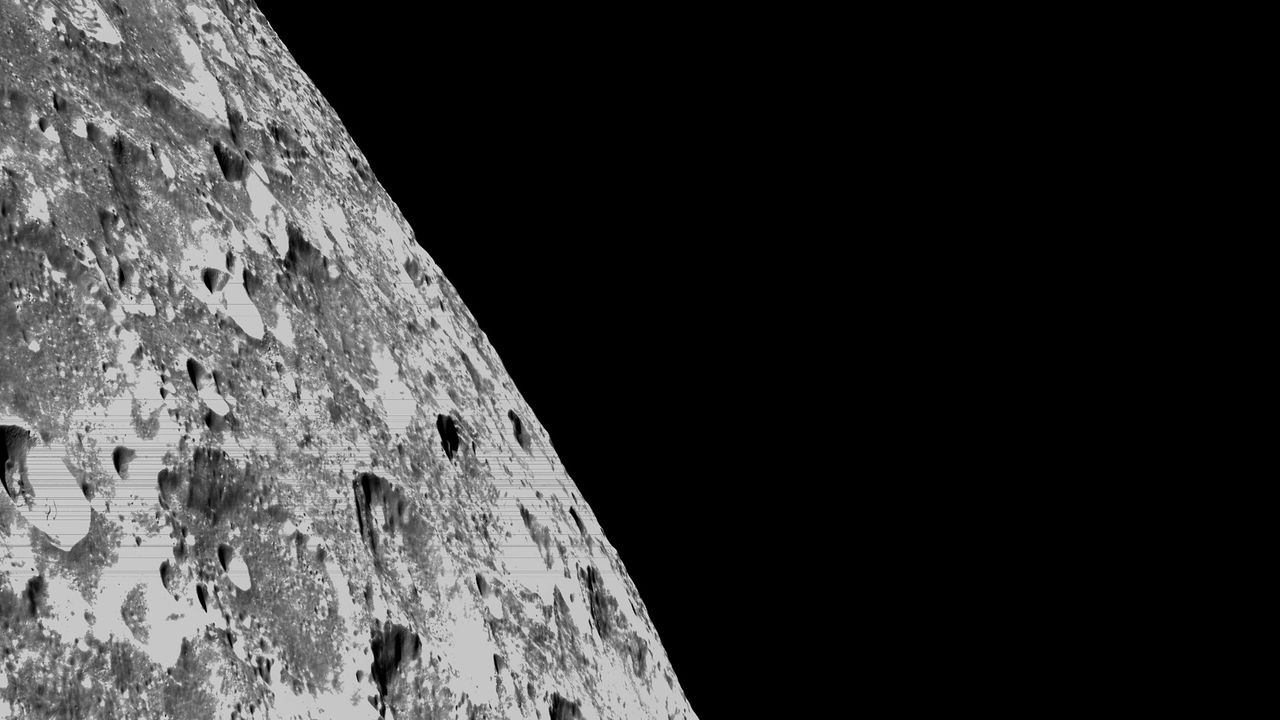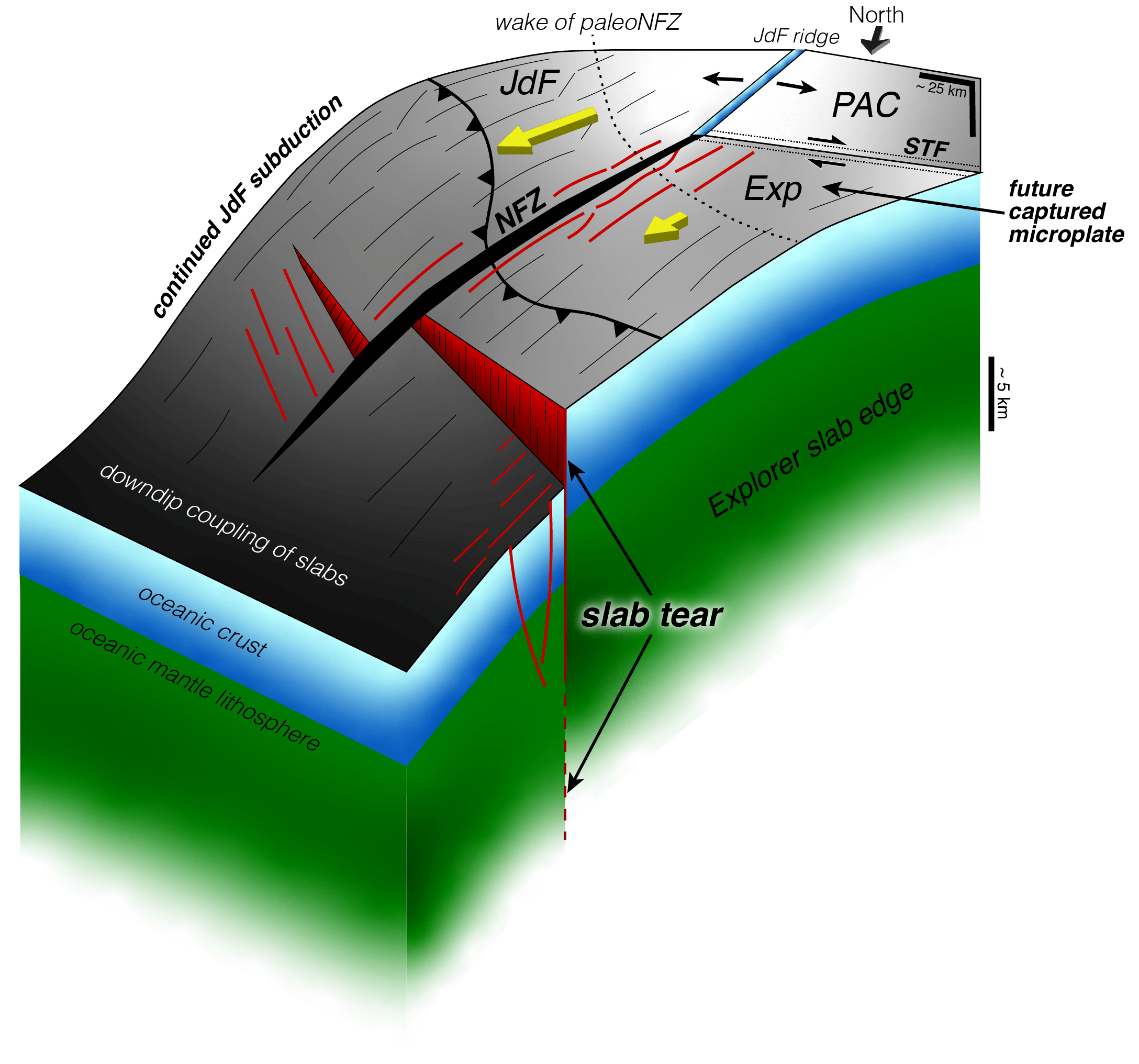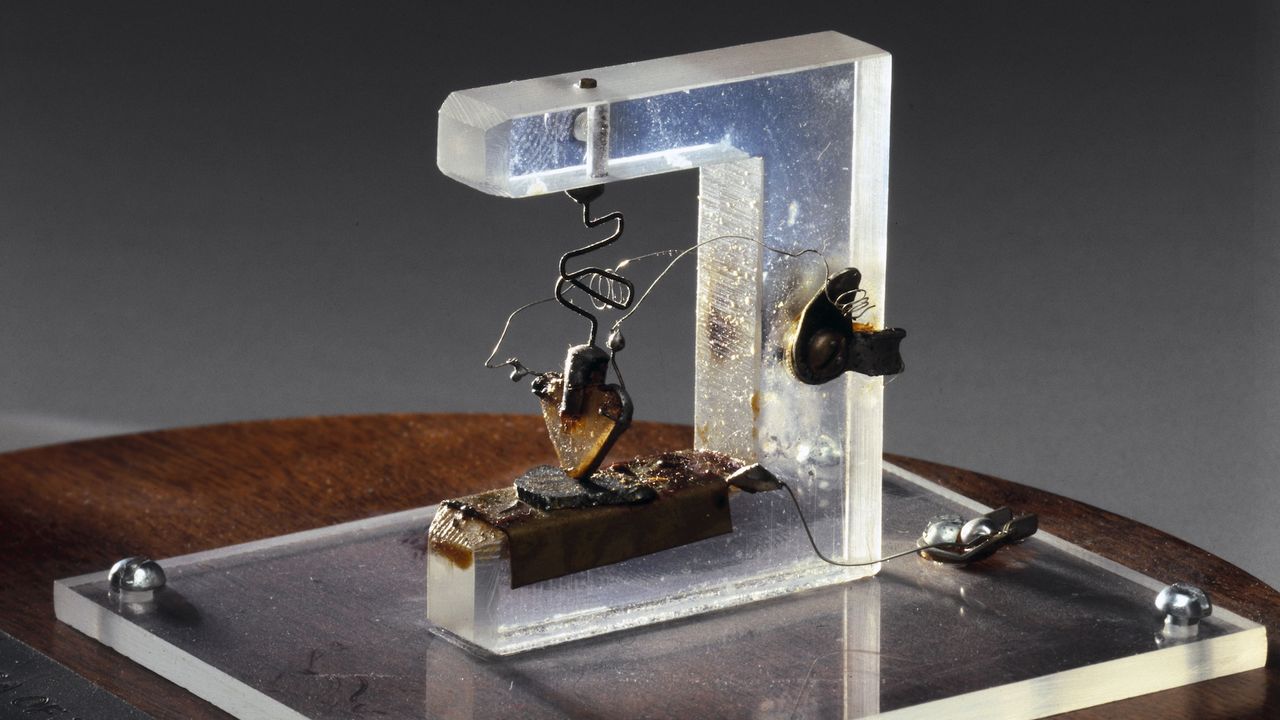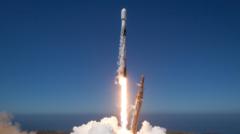How Many People Have Ever Lived on Earth?
NeutralScience
The article delves into the intriguing question of how many people have ever lived on Earth, particularly focusing on the surprising statistic that a significant portion of those aged 65 or older may still be alive today. This exploration of demography and mathematics not only highlights the complexities of population growth and aging but also encourages readers to think about the implications of these figures on society and resources.
— Curated by the World Pulse Now AI Editorial System
